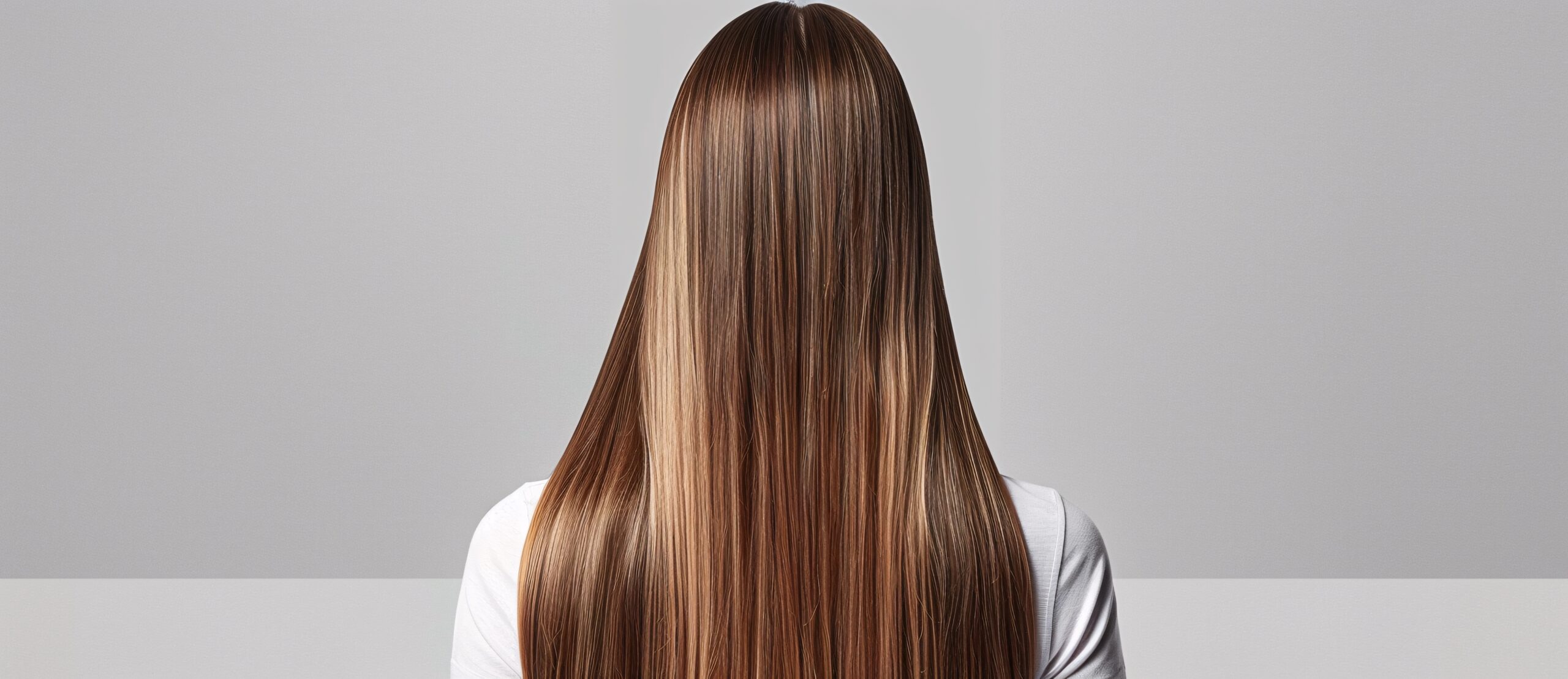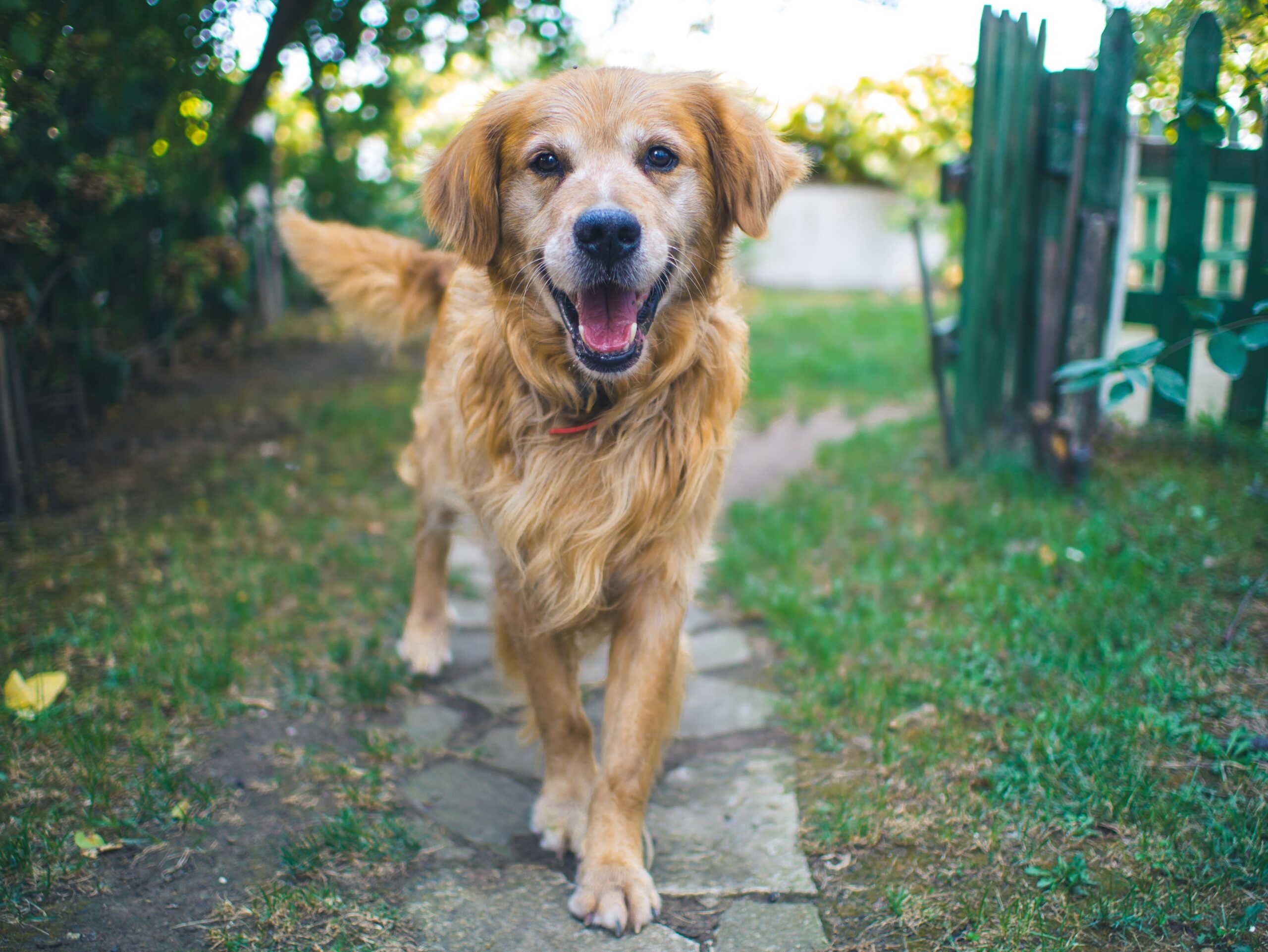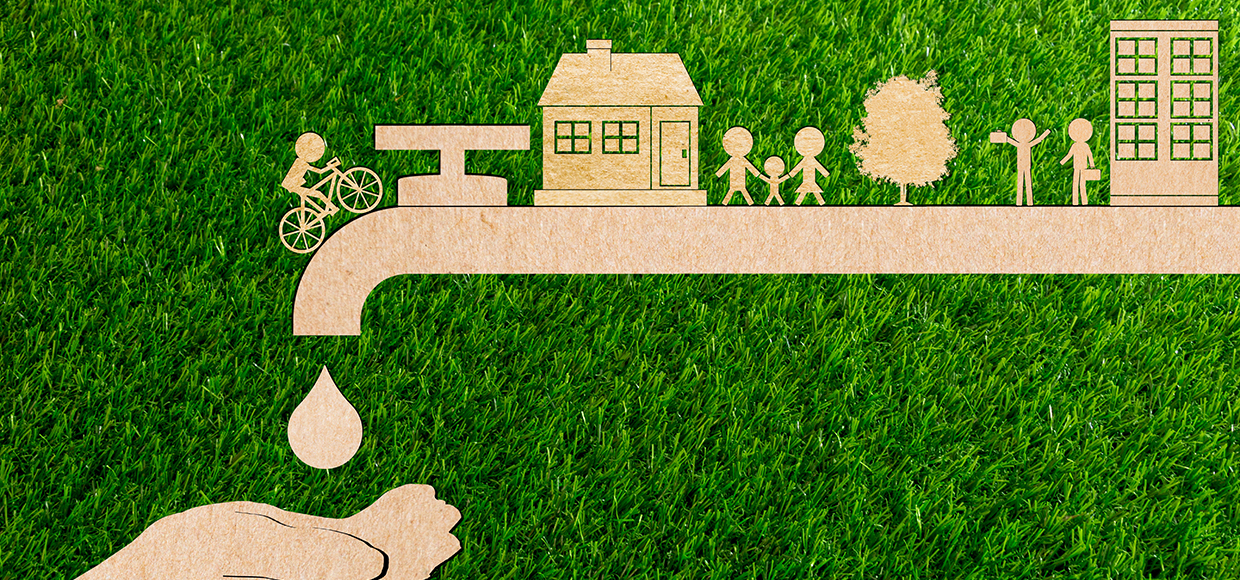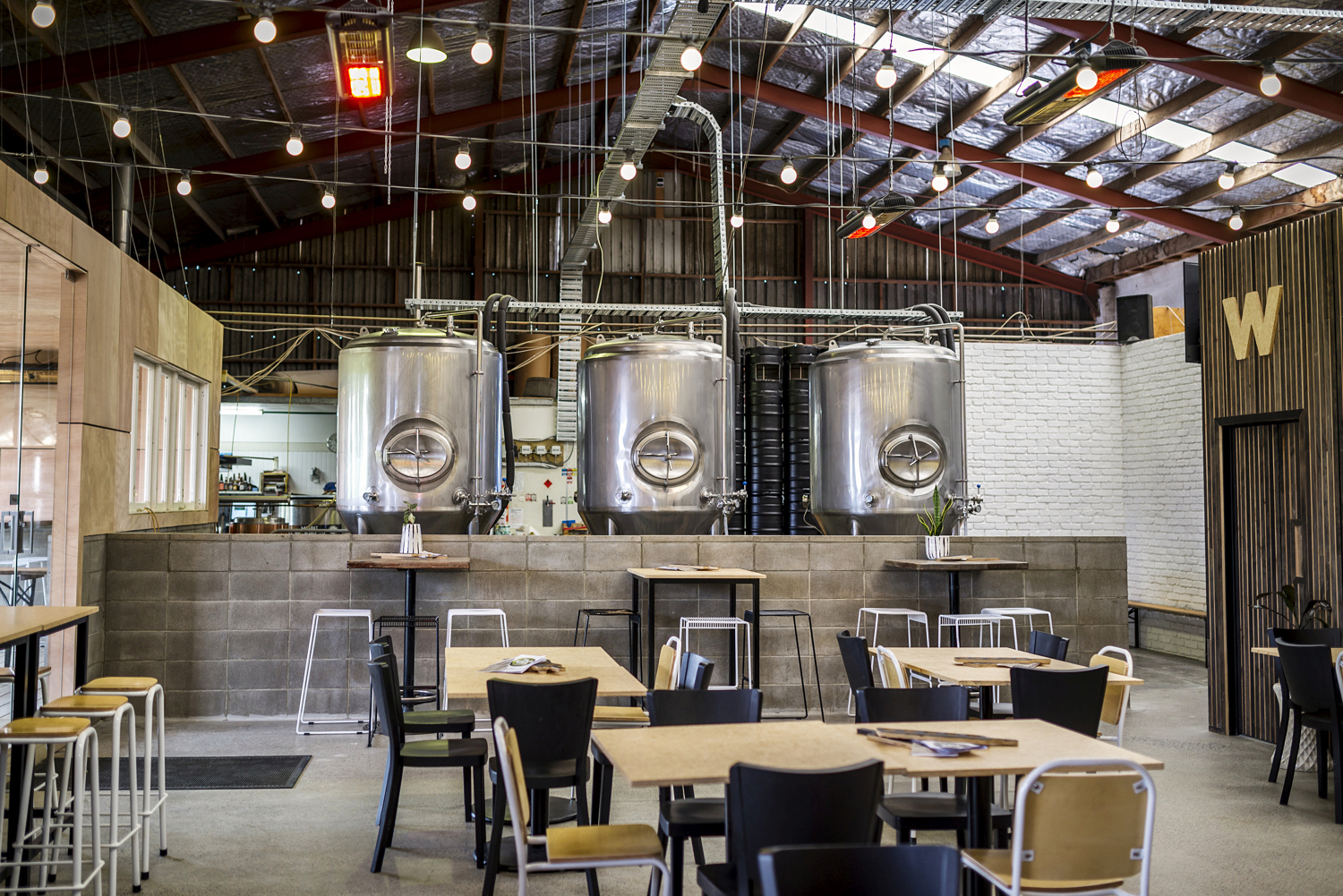New Zealand brands are rewriting ‘hairstory’ with products that mean both you and the planet can have a good hair day.
While solid shampoo and conditioning bars might seem like the shiny new kid on the block, turn back the clock 100 years and a solid block of household “soap” was the only option.
Invented in 1927 by German Hans Schwarzkopf, the convenience of liquid shampoo in glass bottles replaced the 19th-century European practice of adding shaved soap to water.
The word shampoo has its etymology in the Sanskrit root word chapati, meaning “to knead”, and Indian “champooi”, meaning massage. It was inspired by the ancient ritual of massaging fruit- and herb-infused oils into hair and body, with traders bringing the practice to Europe as a therapeutic curative.
Despite its short history, modern haircare has left its mark. The 20th century hailed an era of mass manufacture of synthetic chemical compounds. The resulting liquid haircare products were packed in plastic, contributing to a startling fact – a 2017 study estimates that 8.3 billion metric tonnes of virgin plastic have been produced since the 1950s.
Today’s conscious consumers have their eyes wide open and passionate Kiwi brands are challenging 70 years of now questionable practices.
These brands are producing handcrafted shampoo and conditioning bars with pH-balanced concentrated formulations using natural ingredients encased in reusable or environmentally responsible packaging.
And in so doing they’re righting the wrongs of a multi-billion dollar marketing led industry heading towards obsoletion.
Better hair days
Pukekohe-based Sophie Cooper, founder of Ahhh, draws from a bank of 15 years of recipes to create her range of “very handmade” solid shampoo and conditioning bars.
“We make each mix in 4kg batches then we press the mixture into our mould, which we have to whack with a mallet, then de-mould ready for packaging in a box,” she enthuses. “All the good stuff is in there, and some ingredients are quite unique, such as a lentil infusion or karengo seaweed.”
Newly launched in September 2020, Ecostore now offers scalp- and hair-friendly mild, high-concentration bar formulations promising a creamy lather and resulting in lustrous locks.
“Our plant- and mineral-based, vegan ingredients have naturally conditioning properties to help you have better hair days, every day,” says Ecostore group CEO Pablo Kraus.
“Each of our 100 per cent soap-free shampoo bars is triple milled for a luxurious lather and enriched with chia and coconut oils to smooth, protect and lock in vital moisture,” he says.
Ecostore introduced three shampoo bars and a nourishing conditioning bar for all hair types.
“We have a volumising shampoo bar to hydrate hair without weighing it down, with its hydrolysed extracts of kale, lemon and carrot; a hydrating shampoo bar with moisturising argan and coconut oils to keep hair looking and feeling great; and a dry and damaged shampoo bar to nourish and strengthen dry, damaged hair using jojoba oil and shea butter, and help fight frizz,” he says.
Kraus adds that Ecostore’s products are designed to end the double whammy hair ’mare of simultaneously damaged, dry and greasy locks caused by silicone and chemical surfactants build-up as a result of using synthetic chemical hair products.
Silicone promises sleek, shiny locks but leads to stringy, greasy and frizzy hair weeks later due to locking out deep hydration that penetrates hair follicles.
Harsh chemical surfactants, such as petroleum-based sulfates, strip the hair of natural protective healthy oils and proteins and may irritate the scalp. Kraus suggests buyer beware when it comes to soap-formulated shampoos, as does Dear Heart founder Karen Haig.
Dunedin-based Haig launched her range in November last year and says up to half of shampoo bars are actually soap. Soap is extremely alkaline, sitting at a pH above 8, which damages hair, making it dry and coarse but it’s cheaper to make to this pH than to a pH of 4.5 to 5.5 – the natural pH of hair.
“Those who sell soap-based shampoo bars will recommend vinegar rinses to balance out the high pH and talk about a ‘settling in phase’ for hair,” says Haig. “With a soap-free bar there is no need for either of these things.”
Dear Heart shampoo bars contain provitamin B5 to strengthen hair, and wheat protein, which swells the hair shaft to increase hair volume, advancing hair moisture retention and stimulating growth.
By enabling the hair’s natural hydration and strengthening processes, Haig’s range doesn’t require a conditioner, and her customers tell her they are weaning themselves off both plastic bottles and conditioners.
Embracing differences
Award-winning make-up artist, hair stylist and qualified engineer Nastassja Benefeld swapped scissors for science and dedicated her energy to creating Lusid in 2019. Her handcrafted haircare range celebrates all hair types, with bespoke recipes specific to non-Eurocentric hair types, curly and coily hair.
Benefeld says the consequences of the heavy bias towards mainstream products designed for straight, fine hair has marginalised indigenous and people of colour for decades. She is flipping the script with Lusid aimed to foster positive self images for every hair wearer that won’t compromise the planet.
“I wanted to create a line of products where all people feel seen, accepted and catered for, no matter their hair type or texture. Lusid is not about changing who you are but accepting, embracing and loving who you are and the way you look naturally.”
Benefeld is quashing the myth that there is any such thing as “normal” hair and says for every hair to thrive, handpicked, tailored ingredients are the secret.
“Mainstream products don’t work for thicker curly hair because they don’t provide enough hydration, moisture and are not heavy enough. But if straighthaired people used heavier products designed for thicker curlier hair, it would exacerbate issues such as oily scalp and limp hair.”
Benefeld brings her personal experience as a stylist working one-onone with clients into Lusid.
She’s created ‘how to’ reels on Instagram and holds Friday Facebook live hair demonstrations answering haircare questions and showcasing how to get the best results for each hair type.
Herself an owner of “ethnic curls,” Benefeld is proud to support the growing movement to ditch hair straighteners responsible for frizzy, damaged hair. “Lusid inspires people to embrace their natural hair type resulting in healthy soft, frizz-free and delightful-smelling hair, not to mention the self confidence boost they receive with compliments about how great their hair looks.”
Let your hair down
Good Cube, winner of the 2020 Best of Natural Awards for hair, boasts the accolade of being the longest-lasting shampoo bar on the New Zealand market, with up to 132 washes for shoulder-length hair per bar as tested by research institute ESR.
“Our shampoo bars are lovingly blended by hand from scratch and then squeezed under high pressure to create a dense shampoo bar that won’t melt in the shower,” says Good Cube founder, award-winning entrepreneur Ashley Berrysmith.
“We make our bars using dry ingredients and essential oils with no added water. Our Good Cube 2in1 shampoo conditioning bars have very concentrated natural conditioners so you only need one bar in your shower.”
Berrysmith also acknowledges Aotearoa native botanicals horopito, harakeke, kawakawa and kūmarahou, – people “will be amazed how great [their] hair feels as well as how clean [their] bathroom will look”.
In a bid to clear bathroom clutter, Good Cube has formulated innovative bar storage.
“We make a compostable hemp storage bag that you can hang from the tap and a hemp exfoliating bag to use up the last tiny pieces of the bar,” adds Berrysmith.
A New Zealand brand that has taken the world by storm, Ethique, is the highest-rated shampoo and conditioner range selling on global shopping behemoth, Amazon.
Founder Brianne West revolutionised the zero-waste beauty movement creating an entire solid bar skin and haircare product range, which she began in her kitchen in 2012 as a hobby.
West sought to combat waste inside shampoo and conditioner bottles, of which around 95 per cent is water, creating concentrated plant-based ingredients, while eliminating material waste and replacing non-recyclable plastics with biodegradable and compostable packaging.
Ethique bars are credited as the only ones in the world that are certified palm oil-free, carbon-neutral, living wagecertified and made in New Zealand using fair-trade ingredients. True to West’s values, Ethique donates a sizeable 20 per cent of its profit to charity.
And despite being a world-leading brand, Ethique still holds onto its handcrafted credentials.
“Ethique is majority handmade, using enormous heated vats and automatic pourers,” says West. “They are still hand-boxed and wrapped even though now we make up to 150,000 bars a day.”
In forging its path, West had to convert a dubious market that had grown up with liquid shampoos and to change habits.
West says despite overwhelming positive feedback most reviews begin “I was sceptical but…”.
“People first and foremost love the soft after-feel and shiny look, but also the value as Ethique bars are so long-lasting, which is a huge win for people too. People are also buying something that genuinely makes their impact on the environment that little bit lighter,” she adds.
While some people may never take to them, says West, “the majority find they work as well if not better than their previous liquid products and love them”.
West says Ethique’s range caters to all hair types and sensitive scalps using specific ingredients for each. She suggests that, because many people don’t absolutely know their hair type, they try minis to find the best haircare for them.
Reducing chemical and plastic waste starts at home and talented New Zealanders have created the luxurious solution.





